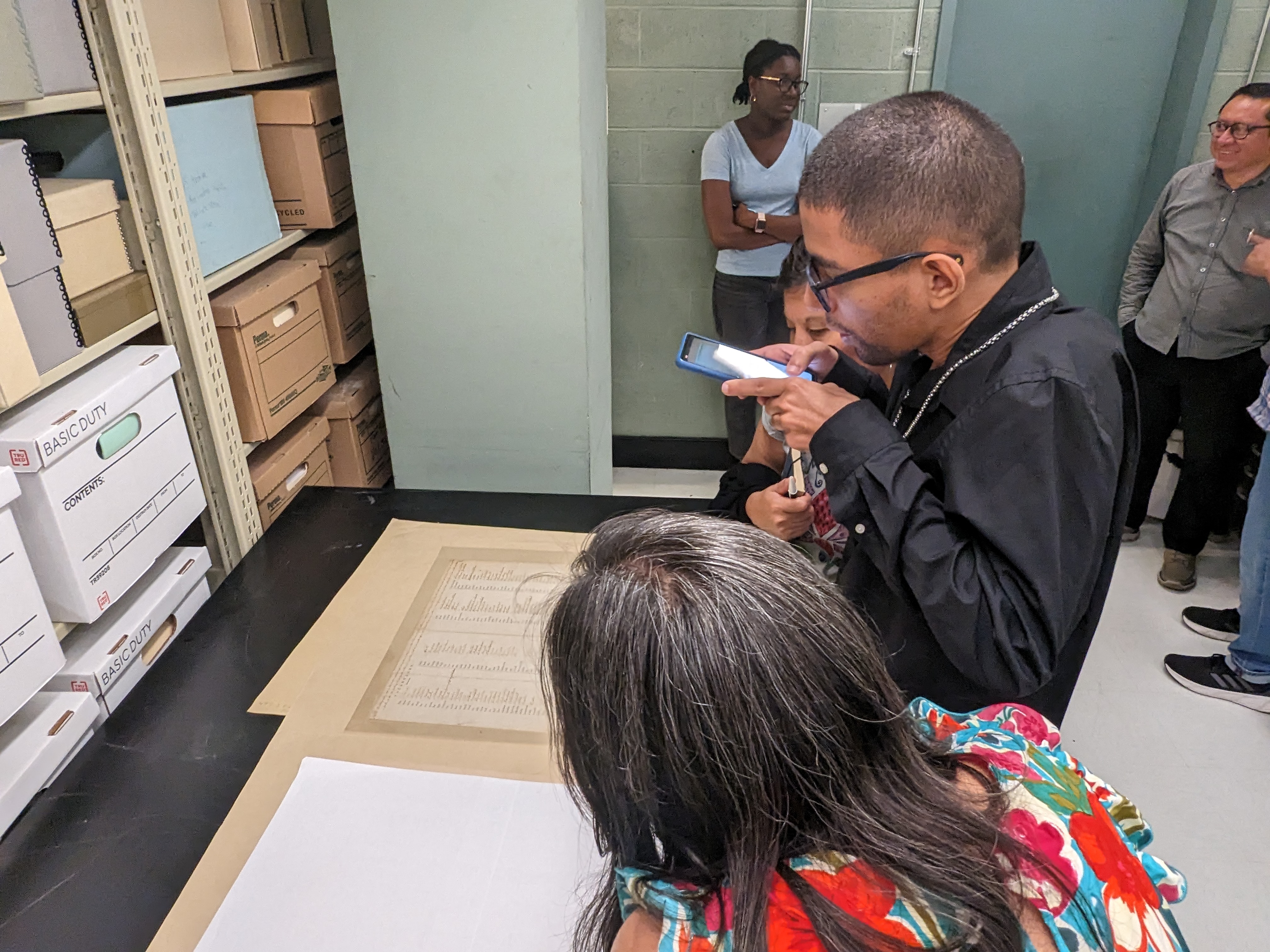How You Can Help Publicize Your Book
Scholarly book publicity is most successful when the author participates in the campaign. We at the APS Press are doing everything we can to showcase your book to the world and get it into the hands of readers, but nobody knows your readers better than you do. Here’s how you can support our efforts:
- Spread the word on campus. Don’t wait for your colleagues to ask what you’ve been working on. Tell your colleagues, your library, your local and campus bookstores, your university’s communications department and alumni magazines, and any other venues available.
- Use your online presence. Add the book to your department website, your email signature, and any social media account bios. Include a cover image and a link to the book’s webpage whenever you can. Encourage your friends and colleagues to post about the book as well.
- Distribute your discount flyer. All APS Press authors receive a PDF of a flyer that includes the book cover, a description, and a discount code. Attach it to emails, distribute it at conferences, share it with friends and family.
- Pitch some public scholarship. Keep an eye on current events, in case anything connects to your work. Pitch op-eds at relevant publications, or contact podcasts and radio programs that relate to your work.
- Set up a free account through Amazon Author Central. This will allow you to create an Amazon author page with a bio. You’ll also be able to file help tickets with Amazon if any issues arise with your book’s Amazon page. Get started here: https://authorcentral.amazon.com/.
Most importantly: Keep us in the loop! Let us know about any reviews your book has received, any awards it’s won or been nominated for, any podcast appearances you’ve secured, any op-eds you have planned, and any author events you have planned. Let us help in any way we can.
Publicity and marketing inquiries can be sent to David Carpenter, Editorial Administrator, at [email protected].

